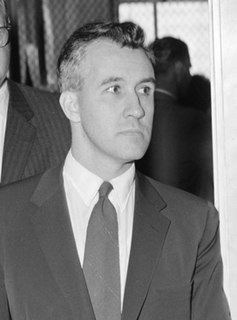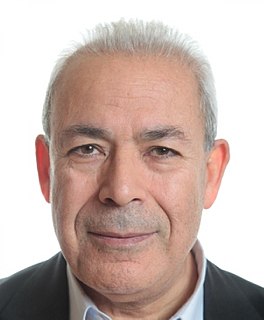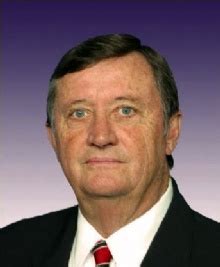A Quote by Thomas Jefferson
It has been a source of great pain to me to have met with so many among [my] opponents who had not the liberality to distinguish between political and social opposition; who transferred at once to the person, the hatred they bore to his political opinions.
Related Quotes
In many European countries we have populist indirect democratic systems. The people elect, in a proportionate manner, a parliament. The parliament with all its parties is representative of the political opinions among the citizens. It is reasonable to claim that the people rule itself through the political institutions.
The problem in the Syrian opposition is not between Islamists and non-Islamists. It was the lack of any political experience after 50 years of no political experience. The problem was a lack of political organizations that are truly effective and powerful. This is still a challenge now; it is a weakness in the reality of Syrian political life.
The public discourse on global warming has little in common with the standards of scientific discourse. Rather, it is part of political discourse where comments are made to secure the political base and frighten the opposition rather than to illuminate issues. In political discourse, information is to be 'spun' to reinforce pre-existing beliefs, and to discourage opposition.
Christian love draws no distinction between one enemy and another, except that the more bitter our enemy's hatred, the greater his need of love. Be his enmity political or religious, he has nothing to expect from a follower of Jesus but unqualified love. In such love there is not inner discord between the private person and official capacity. In both we are disciples of Christ, or we are not Christians at all.
Watching my father plan and strategize for the resistance has taught me about trust.” She leaned forward. “Personal trust is very different from political trust, my lady. The first thrives on faith. The second requires proof, whether it be upfront or covert.” Awkwardly, she patted my hand. “His Majesty has always been a powerful man. Perhaps he has never had to distinguish between the two.
Erasmus dramatizes a well-established political position: that of the fool who claims license to criticize all and sundry without reprisal, since his madness defines him as not fully a person and therefore not a political being with political desires and ambitions. The Praise of Folly, therefore sketches the possibility of a position for the critic of the scene of political rivalry, a position not simply impartial between the rivals but also, by self-definition, off the stage of rivalry altogether.
































